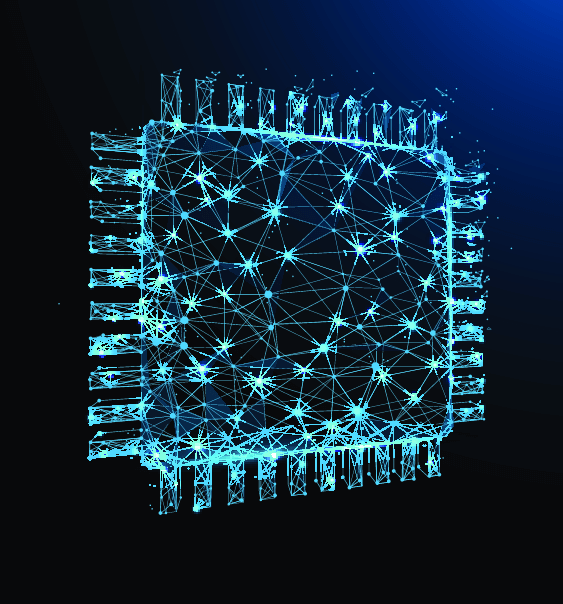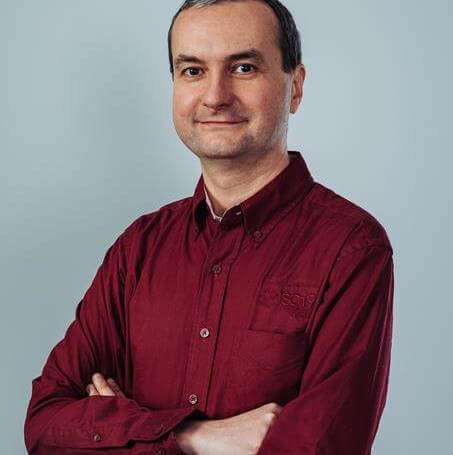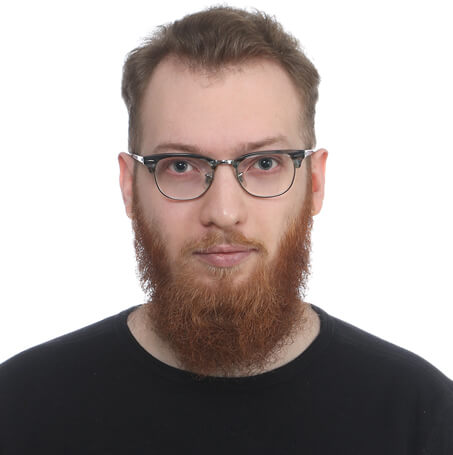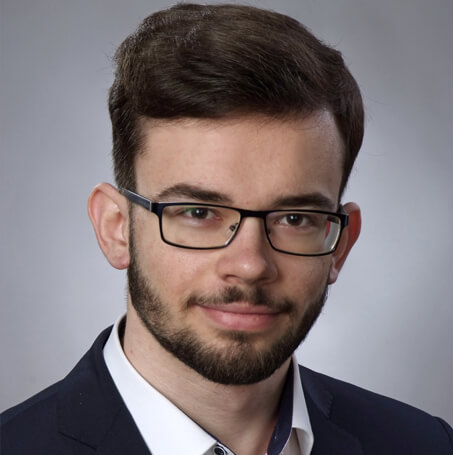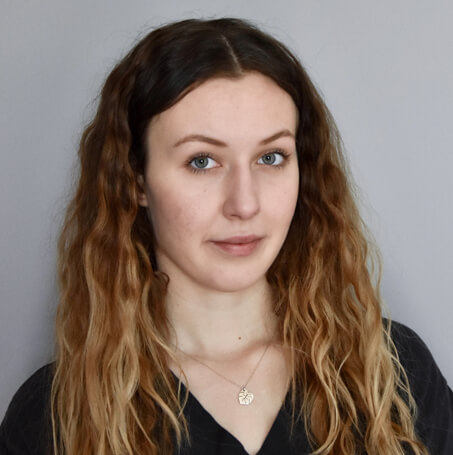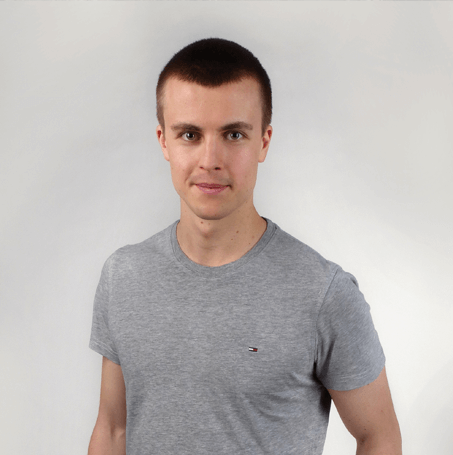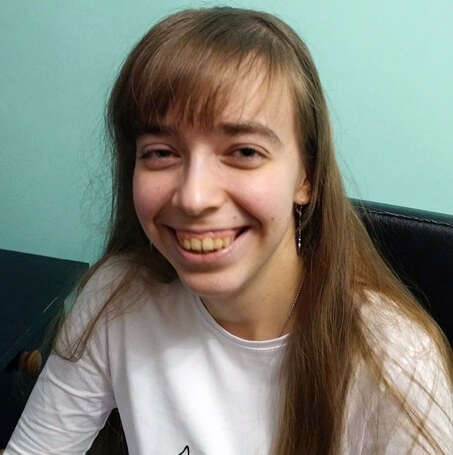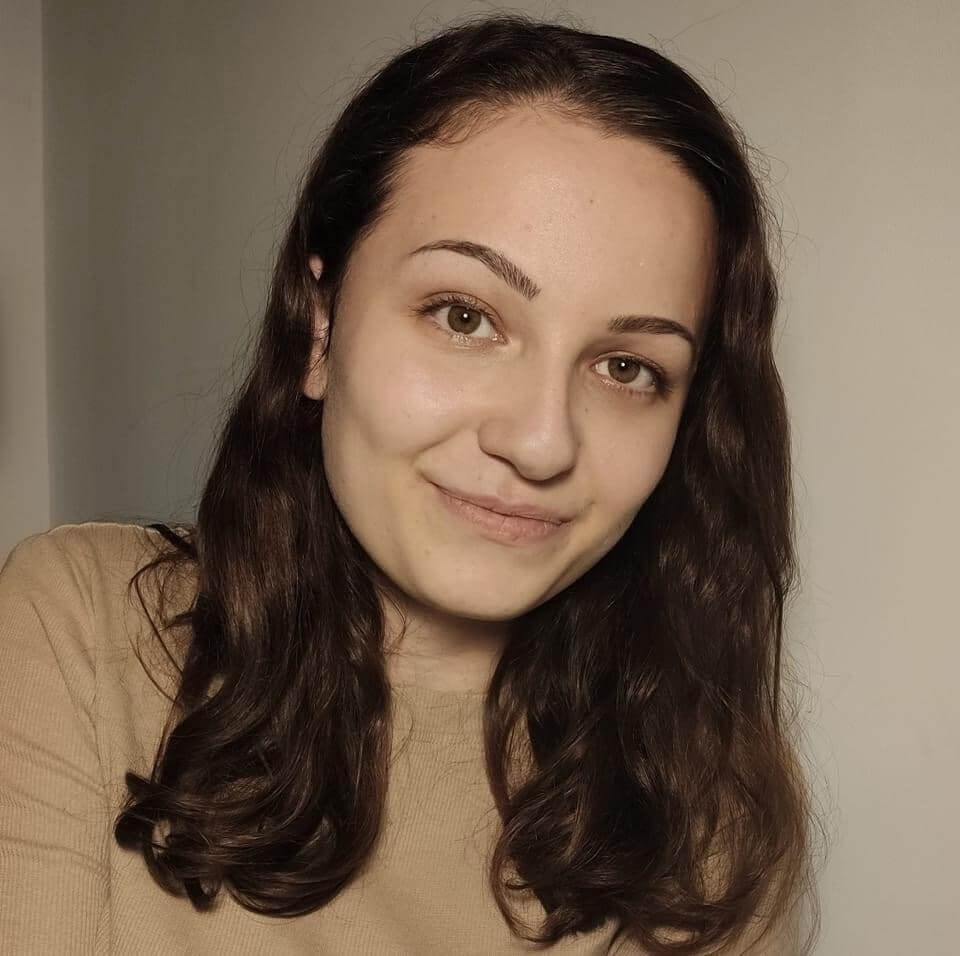…tackles the new fundamental challenges for computer science and engineering research, posed by the unique combination of Modelling and Simulation with Health Data Science and Health Informatics. The computational and data processing needs of Sano research will push the boundaries of current state-of-the-art infrastructures for AI, HPC, big data and cloud computing. This includes alignment of traditional HPC systems with big data analytics and ML/AI workloads, using CPU, GPU, many-core, hybrid, virtualized and containerized environments with the computational needs of systems required to deliver patient-specific care at timescales appropriate for clinical use. Moreover, health data science will benefit from novel approaches in distributed computing and security research, such as Federated Learning, Blockchain, Differential Privacy or Encrypted Computation, which can be applied to medical data in a secure and privacy-conscious manner.
New developments in computer hardware, programming models, cloud computing and emerging services will influence development, deployment and execution of computational and AI models at extreme scale, requiring constant evaluation of new technologies and platforms, experimenting with novel approaches, and prototyping new solutions. Development of systems operating in clinical, research, HPC, Big Data/AI environments will require novel, transparent techniques, and the delivery of state-of-the-art in health data science and in-silico techniques will require exascale computing resources. Sano will become a driver for developments within EU-level HPC and cloud initiatives, including PRACE and EuroHPC.



